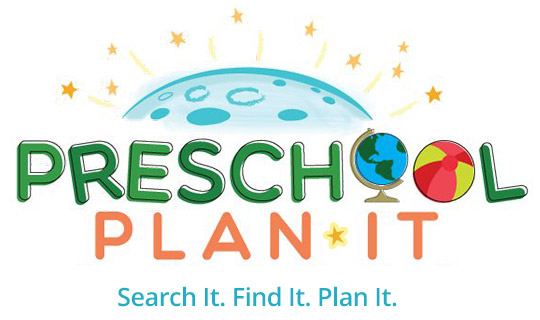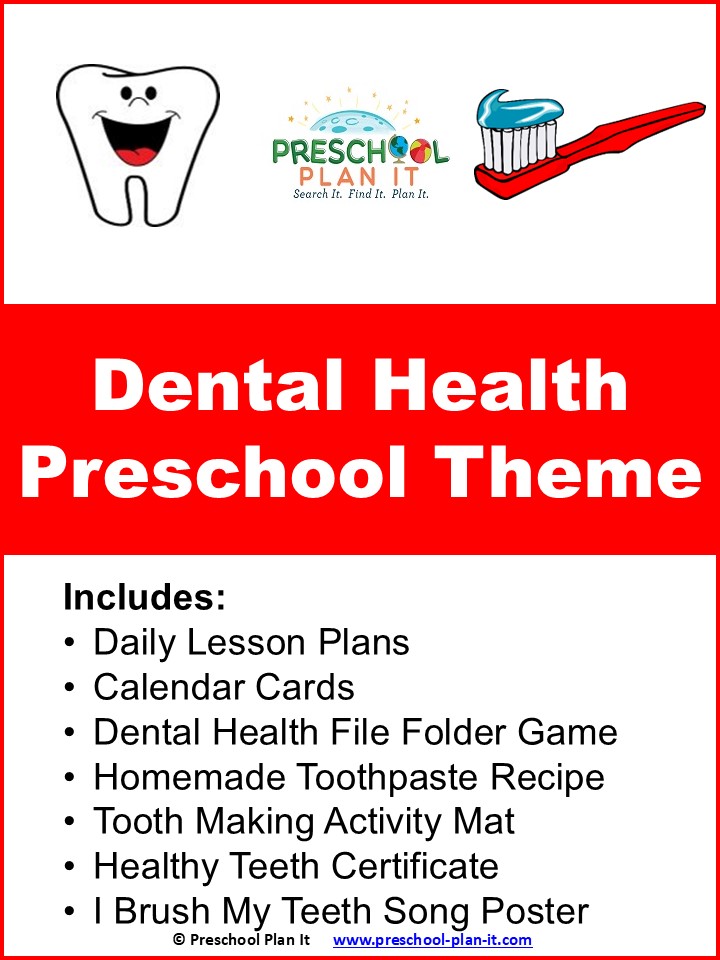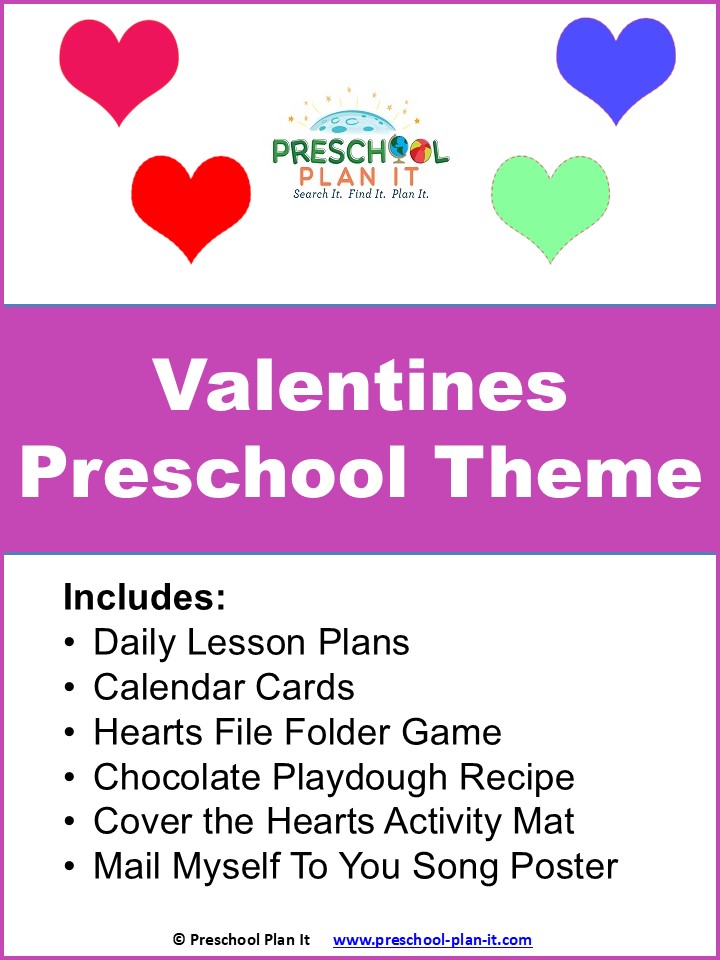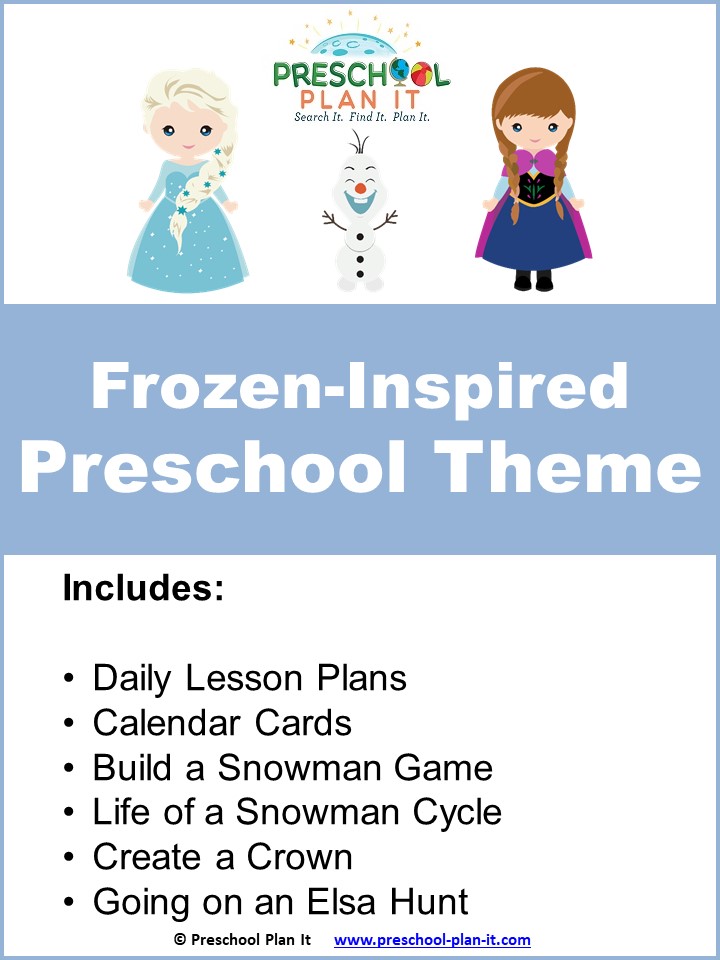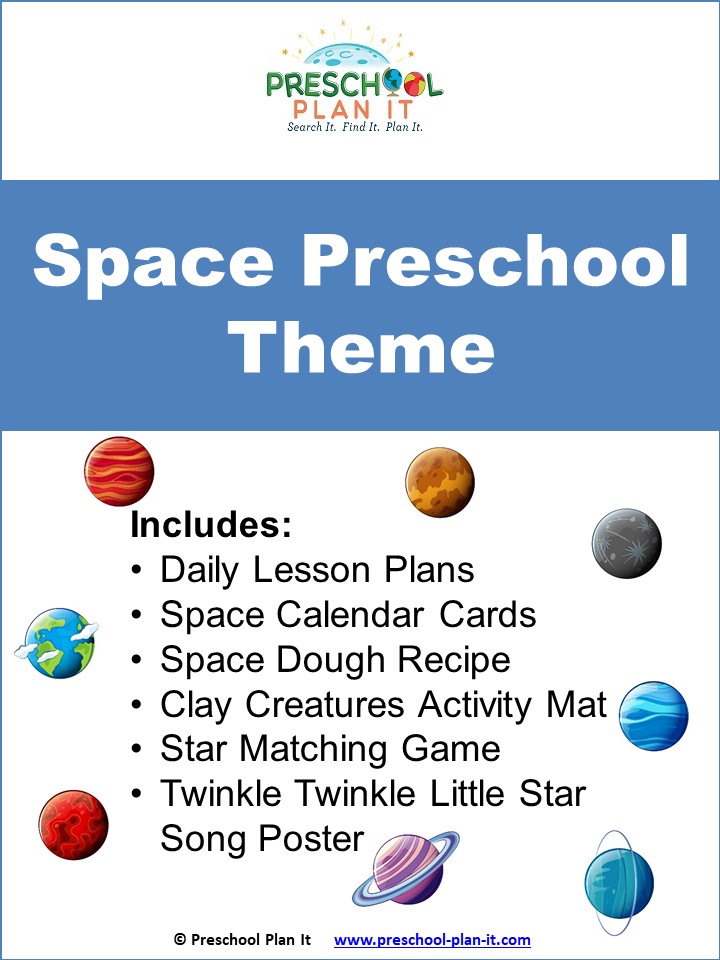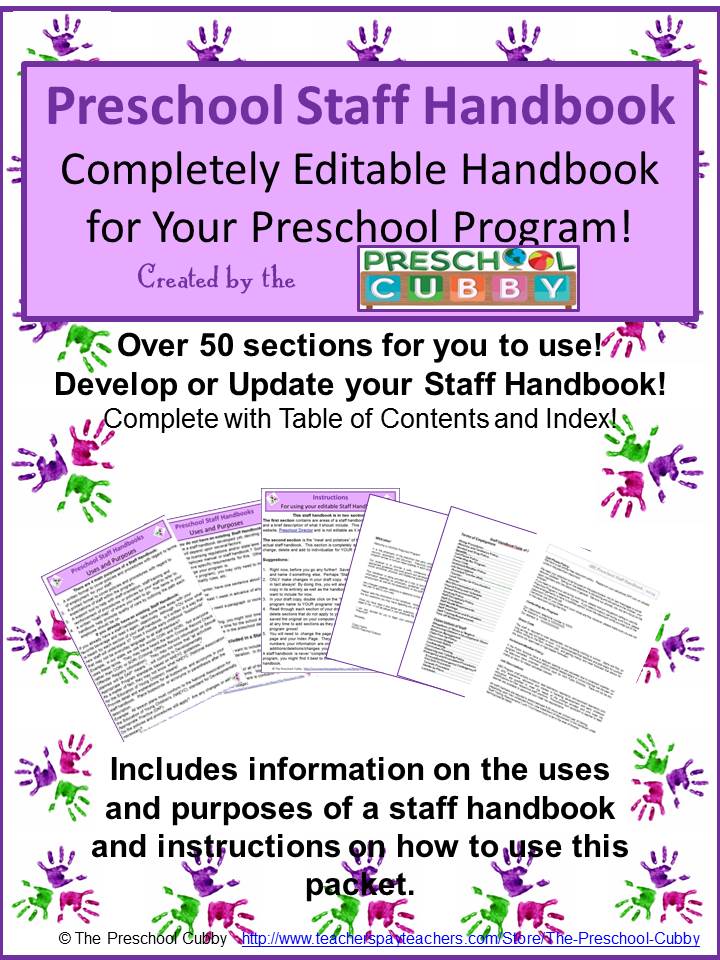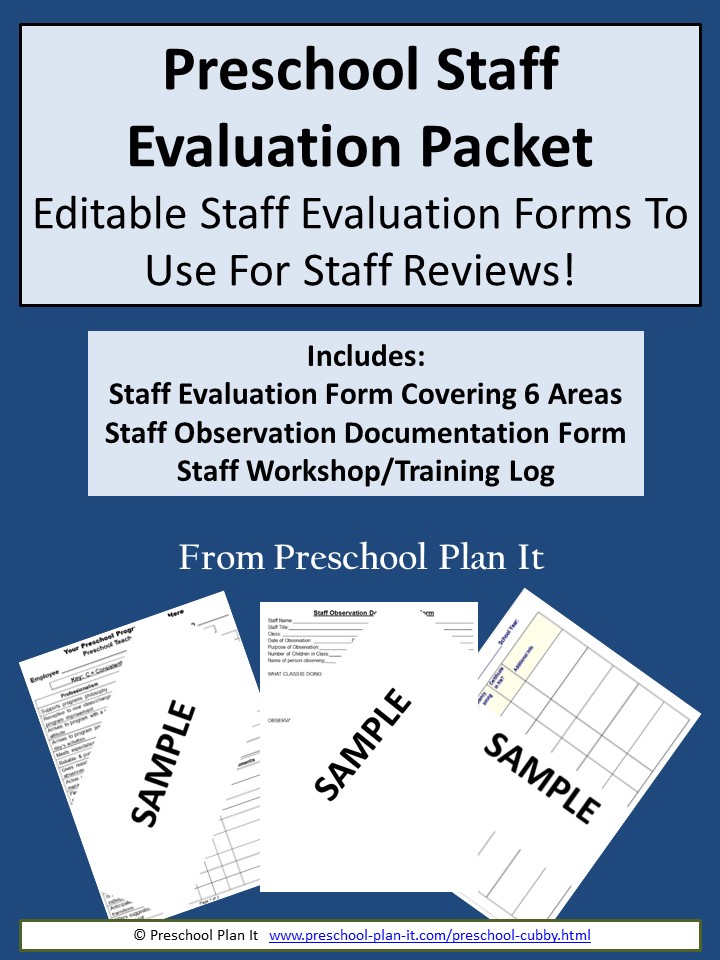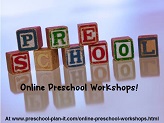- Theme Packs
- Themes
-
Preschool Planning
- Preschool Teachers

A New Baby At Home!
The big news---your preschooler is going to be a big brother or big sister! A new baby at home is exciting; however, expect to see some changes in behavior in and out of the classroom. It can be a roller coaster of changes from the time the news is shared to the time the baby arrives to the time the family begins to get into a routine!
For more resources to help your preschoolers navigate all areas of family life, check out my Family Life Page.
The way in which preschoolers respond and react to a new sibling is somewhat determined by their temperament. Children who are sensitive will need more transition time to process the idea of a new baby. This would apply to your preschoolers who, in the classroom, need consistent routines and preparation before transitioning to a new activity (i.e. a 5 minute warning) in order to transition smoothly. Children who are more flexible and "go with the flow" type kids may adjust quicker.
Once the new baby arrives, a preschooler may "test" adults--parents and teachers alike. They may also regress, or seem to go backwards, in some developmental areas they were strong in. Please know that these tests or regressions are not solely to get attention. They are not behaving in this way because they are angry and want your attention. They have had a huge change in their lives and are trying to determine how they now fit into this new change.
Some things you may see from a preschooler who has or is expecting a new baby at home:
Needing More Attention
Your preschooler may become more "needy" regarding your attention or the attention of their peers. Remember that they are now sharing the space, time and activities at home with a new baby who requires MUCH of the family's time. Demanding more attention at preschool is a way for a preschooler to make up for, if you will, the decreased attention.
Stay consistent with your rules.
Remind your preschool student that they need to let their friend finish talking and then he/she can tell you what they want to tell you. Be sure to go back to that preschooler, thanking them for being patient, and listening to what they have to say.
Increased Assertiveness/Aggression In Play
Your preschooler may become more assertive or aggressive with their peers during play by trying to control the play. They might tell the other children what to do at blocks or at housekeeping and becoming angry when the other children have their own ideas on how to play! This is common for preschoolers to begin with, but can be much more evident with a preschooler who has a new sibling at home.
Interject yourself in the play.
Be prepared to interject in this play before it becomes an argument or a meltdown for the child. When you see this "take over" happening, informally involve yourself in the play. For example, if Deidre (who is the child becoming more aggressive) is telling the children who will be the Mom and the Dad, but the children want to be the brother or the babysitter, interject:
"It looks like a lot of people live here! Deidre, who are YOU pretending to be? Oh, you are the sister? Nice! And Bobby, I heard you say you want to be the brother and Leslie, you want to be the babysitter. So, who or where is the baby you will watch? And Deidre and Bobby, are you the little brother and sister or the older brother and sister?"
You get the idea! Show Deidre that everyone has ideas. Take her out of the controlling mode and show her how everybody's ideas can still work!
Regressions
Many teachers and parents see this the most when there is a new baby at home. Many times you will see regression during the pregnancy. Preschoolers are not sure what the changes will be, are insecure about it. It is much like a fear of the unknown!
The preschooler is hearing so much about this new baby. Most of it is exciting and they are involved in setting up the new room, buying clothes, and talking about names. But after a few months, it seems to the preschooler that all anyone EVER talks about is this new baby. They feel somewhat unimportant and insecure. This is a natural part of the new baby process, but can cause regressions.
Some of the common regressions are listed below along with suggestions for dealing with them. Remember that these things can be part of a preschooler's growth and development based on their age. When referring to regressions, it means behaviors that the child has already gone through and mastered and is now reverting back to old behaviors.
Using baby talk.
It is difficult to maneuver through many regressions in one child! However, remember that this is a normal stage when expecting a new child at home and it will pass.
Tell the child using baby talk that you cannot understand him or her. Do not call them a "baby" or tell them they sound like a "baby". By doing so, you are telling them that being a baby is bad and babies are bad! Ooops, not our intention, right? So, avoid labeling babies in a negative light.
Instead, tell them that you would love to talk about _____, but you cannot understand what they are saying. Ask them to use their four year old voice (or 3 year old voice, etc.).
Sucking their thumbs or their clothes.
Remind the child who has regressed to sucking their thumb or chewing their clothes about spreading germs and that their hands will spread germs by doing this.
I have found that just talking one on one with the child about it and having a sign, just between him and the teachers, to stop works great. Tell him that when you look at him and move your thumb from you lips to your lap, it is a reminder for them to do the same. Most children don't realize they are even doing this!
Toileting accidents.
Encourage the child who begins having toileting accidents to change their own clothes. Remind them that they need to use the bathroom before they have an accident. Encouraging them to take of their own wet clothing and redress themselves gives them the independence to do what they can do and does not give extra attention (in the way of you changing them) for undesired behavior.
However, remember that this is a stage, too. Another way to help the child and family get back on track with independent toileting is to give the child many reminders.
One year, we had a little boy who regressed in this area. We had a private sign that only he and the teachers knew the meaning of. We talked to him about how he must be having so much fun playing that he is forgetting to stop playing to go potty!
Our private sign was pointing to our temple, closing our eyes and saying "Hmmm, let's think..." He knew this meant to stop and think: Do I have to go to the bathroom?
We would simply say, while standing near him and NOT from across the room: "Mark?" And we'd point to our temple and clothes our eyes. He would stop immediately and do the same and say yes or no.
Of course, your preschooler might need you to insist that they at least "try" even if they don't have to go.
Increased sensitivity.
You may find the preschooler crying about things that typically would not upset him. He may be tired. Infants have no schedule and your preschooler may be lacking some serious sleep!
Give the child with increased sensitivity an extra hug before redirecting them to another activity. You could also provide a small area or corner of the classroom as a "time away" area. All the children can use it (one at a time), but this preschooler may need this option once in a while to just be alone and relax with a book or stuffed animal!
Tantrums or Jealousy
Your preschooler my hit others or throw items when angry or frustrated and may have a shorter fuse than usual. She may grab toys from others or push others out of their way when they want to play with a toy or with a friend! It will seem as though they have become toddlers all over again.
Remind the child of your classroom rules. "Walk away when you are angry. Hitting hurts or throwing toys can hurt someone." Follow up with the appropriate classroom protocol.
If he/she hits a child, a time to sit and calm down and think (time away/time out) may be in order. If the child threw a toy, insisting that he/she pick it up and put it away and redirect them to another activity may be in order.
If he/she takes a toy from another child, try saying "Ask Joey if you can have a turn with the truck when he is done. We don't take things from our friends" then follow up with redirection until Joey's turn is done.
Be Proactive!
When you find that a parent is expecting a new baby, let parents know of these changes they might see. Try not to take a parent aside every time you see this behavior, unless it is aggressive behavior.
Be an encouragement to parents by
A) Letting them know this is normal (regressions and sensitivity) and
B) Offering some of the above suggestions on how to deal with the changes. Be supportive!
In your classroom, include that information about new babies in ways that allow the child to share the news with her peers and also allows the child to learn more about babies or being an older sibling!
Some ways you can do this are:
Read stories about babies at circle time and have books in your library area about babies, even if this is NOT your current theme!
Consider planning a classroom theme of Babies a month or two before the new baby arrives to give the child and his/her peers a way to learn more about the upcoming change.
Invite a Mom who has a new baby to come into the classroom to talk about babies!
For more information on planning a Baby Theme and for a list of books about the New Baby, click the link below to go to the Babies Theme Page!
BABIES Theme Page
Go to Family Life Article Main Page from this New Baby Page!
Return to Home Page


Hey there! Welcome to Preschool Plan It! I’m Cheryl, a preschool teacher of over 20 years.
I KNOW, I know, you spend hours of time developing your preschool themes, activities and preschool lesson plans each week. You are commited to planning preschool themes and activities that are engaging hands-on, interactive, fun AND meet the goal of supporting each child’s level of growth and development.
I am commited to providing you, the preschool teacher, with everything you need to develop preschool lesson plans and preschool activities for your classroom all in one place!
READ MORE
Join My Free Preschool Teacher Tips Newsletter
You’ll receive a weekly email with planning tips and teaching ideas.
You'll also receive (on the 1st of each month) a free theme starter pack with some printables and activity ideas to get you started planning a theme!Join Now and Get Your First Theme Right Away!
© Copyright 2010-2026 Preschool-Plan-It.com | All Rights Reserved | Privacy Policy & Disclaimer
- Preschool Teachers
